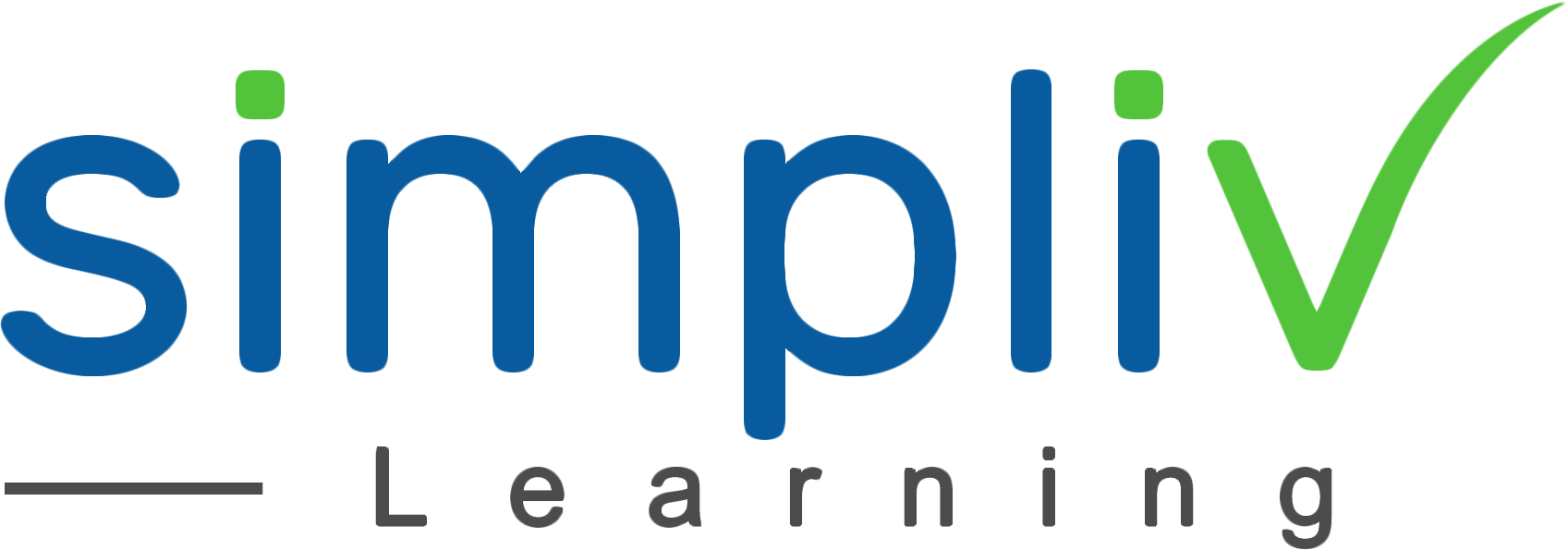Advanced Kubernetes and Docker Workshop
From This Docker and Kubernetes Training Course, You will gain in-depth skills of the Deploying, scaling microservices, usage and maintaining the aplications in Docker and Kubernetes, with real-world examples from industry experienced trainers.
IT & Certification
24 Hours
Description
On days 1 you will center on developing the skills and knowledge needed for orchestrating workloads on Kubernetes. Understanding containerization and everything required to deploy application on Kubernetes. On day 2, you will deploy an actual microservice application on Kubernetes cluster deployed on AWS , different type of workloads, providing storage and how to enable logging and monitoring using industry standard tools like Elastic Stack, Prometheus and Grafana. On day 3, you will learn more advanced concepts on Kubernetes such as RBAC, network policies, Taints & Toleration and Using Helm package manager.
Course Objectives
Participants should understand development workflow and should be familiar with build tools, source management with git, branching, automated testing, build and deployment automation.
Target Audience
Devops Engineer or Data Engineer who want to start using Kubernetes
Basic Understanding
Though there are no prerequisites. However, basic Knowledge of working with Linux & AWS will be add on.
Course Content
No sessions available.
Coupons
Live Support
Call
+510-849-6155
Mail to
support@simplivlearning.com
